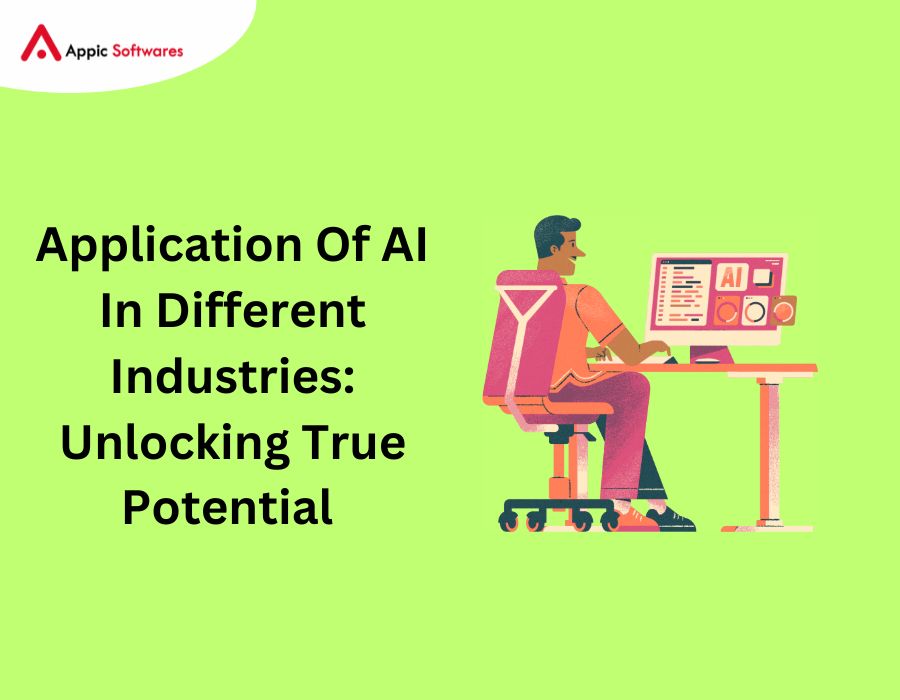Artificial Intelligence (AI) has become a game-changer across many industries, transforming how businesses operate, boosting efficiency, and driving innovation. From education to e-commerce, gaming, and manufacturing, AI is reshaping the way companies deliver value. Let’s take a closer look at how AI is making waves in different sectors.
- AI in Education: AI is revolutionizing education by personalizing learning experiences for students, automating tedious administrative tasks, and supporting data-driven decision-making. Intelligent tutoring systems can analyze student performance to create tailored learning paths, while AI chatbots provide instant help and feedback. Plus, AI simplifies tasks like grading and scheduling, allowing teachers to focus more on what they do best—engaging with their students.
- AI in E-commerce: In the world of e-commerce, AI is enhancing customer experiences with personalized recommendations, predictive analytics, and helpful chatbots. Recommendation systems analyze customer behavior to suggest products they might like, leading to higher sales and happier shoppers. AI chatbots are there to answer questions quickly, making the shopping experience smoother. Additionally, predictive analytics help businesses forecast demand, optimize prices, and manage inventory efficiently.
- AI in Gaming: The gaming industry has also seen a significant transformation thanks to AI. It allows for realistic simulations, smarter non-playable characters (NPCs), and adaptive gameplay experiences. Game developers use AI to create dynamic content, like levels and maps. AI-driven NPCs behave in more human-like ways, which makes games more immersive and challenging. Moreover, AI can adjust the game difficulty based on the player's skill level, ensuring everyone has an engaging experience.
- AI in Manufacturing: In manufacturing, AI is optimizing production processes and improving quality control. By analyzing data from machinery, AI can detect issues before they become serious problems, which helps reduce downtime and maintenance costs. AI-powered robots take care of repetitive tasks, like assembling and packaging products, which increases efficiency. Additionally, AI supports demand forecasting and supply chain management, ensuring everything runs smoothly.
- Generative AI for Business: Generative AI, including advanced models like Generative Adversarial Networks (GANs), is making its mark in various business sectors. In marketing and advertising, it helps create eye-catching visuals and content. In design, generative AI assists artists and designers in coming up with fresh ideas and concepts. In healthcare, it plays a vital role in generating medical images, discovering new drugs, and planning personalized treatments, revolutionizing patient care and research.
- AI in Fintech: AI in fintech is changing the industry by making services faster and easier. It looks at financial data to give personalized advice, helping customers manage their money better. AI chatbots provide quick answers to questions and can spot fraud to keep transactions safe. Overall, AI improves how financial services help everyone.
- AI in Real Estate: AI in real estate is changing the industry by making it easier to search for and value properties. It looks at market data to give accurate prices and investment advice. AI chatbots help answer questions and simplify transactions. Overall, AI makes buying and selling homes smoother for everyone.
In summary, AI development services is driving innovation and change across many industries, offering opportunities for greater efficiency, enhanced customer experiences, and new business models. As AI technology continues to evolve, businesses need to embrace these applications strategically. By doing so, they can gain a competitive edge and thrive in today’s digital world. Whether in education, e-commerce, gaming, manufacturing, or beyond, AI is shaping the future and changing how we work, learn, and connect with each other.





Comments